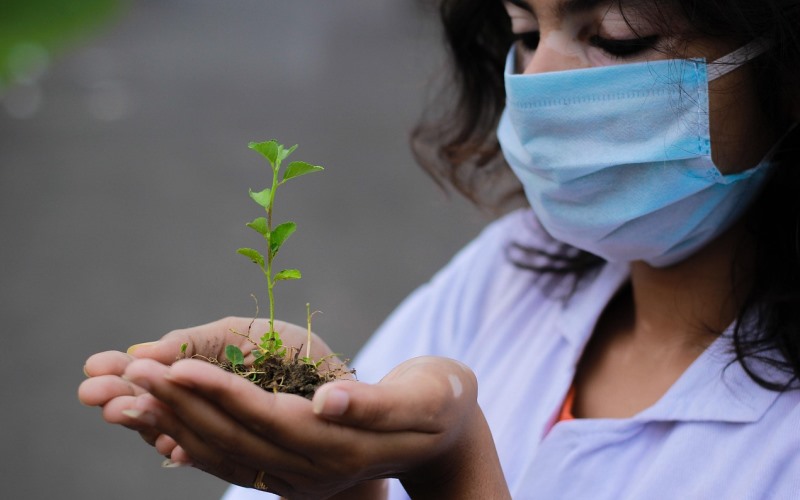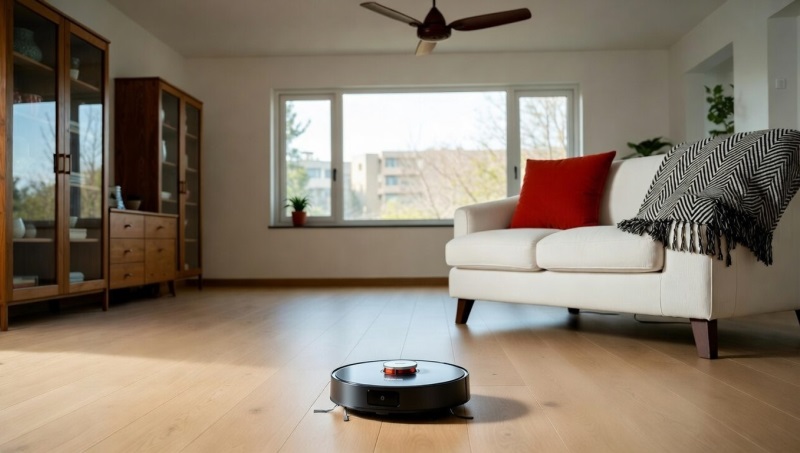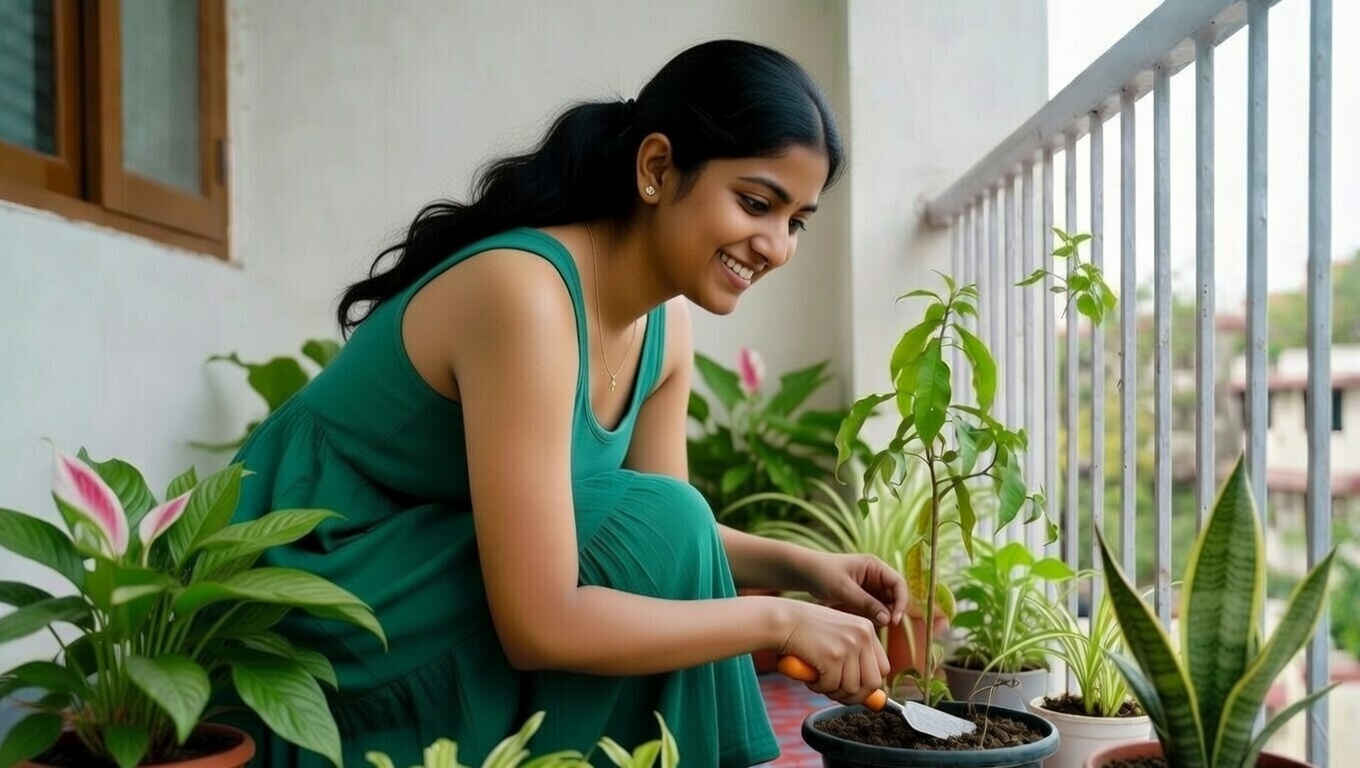
Each breath in Delhi costs us something, a childhood, a future, or something you don’t know until it’s gone. At its peak, air pollution smells like fire and a leftover celebration; not winter, not fog and not even weather.
On Diwali morning, Delhi glows in tiny golden bursts: lights glimmer on balconies, children running with sparklers and a sweetness swelling in the air. But by Diwali evening, that same sweetness turns sour, acrid, and dense.
You wake up next morning and breathe, and guess what? It hurts. I remember stepping outside last November to catch an auto till the Metro. Headlights barely cut through the haze. The road looked blurred and unreal as if the city had been erased with a half-wet cloth. I didn’t check the AQI. I didn’t have to. My throat already knew.
It was 400.
We’ve built a new language in Delhi –
Instead of talking about the weather, we talk about numbers: 300, 500, hazardous – but no one talks about what it’s like to breathe in despair. To cough while laughing. To keep a lipstick and an inhaler in the same bag.
But we seldom discuss what these words feel like in real life.
What does it really feel like when a six year-old in north-west Delhi gasps through 400 AQI? What does hazardous really mean to the waste pickers who walk miles through smog, lifting the city’s filth while barely able to breathe themselves? What happens when a mother has to pick between her child’s medicine and food?
I met Sara, a high school student from Lajpat Nagar, last winter. She missed four exams in two years due to asthma attacks. “Diwali’s my favourite festival,” she told me. “But also the one that puts me in the hospital.” Her voice was thin, the kind of breath you have to fight for. Her backpack held both textbooks and an inhaler equal in weight, but differing in urgency.
Nikhil, a PG student from Old Rajinder Nagar says, “There are days I can’t walk to the Metro. My chest gets tight like someone’s kneeling on it. My inhaler is my God in winters.” He works two part-time jobs, both of which require long commutes. The morning smog hangs low heavy enough to feel like a weight of grief. “You forget what clean air is like,” he adds. “Your lungs adjust. Or at least, they pretend to.”
I once met a woman outside Safdarjung Hospital, rocking her infant in her arms. The child had been coughing non-stop for three nights. “This is just air,” she whispered. “But for him, it’s like fire.” She lives in a tin-roofed room in Okhla. No air purifier. No insulation. No escape.
What does air pollution feel like?
Air pollution feels like waking up tired. It feels like dragging yourself to class or work with a head full of smoke. It feels like your skin has forgotten how to feel clean. It’s that metallic taste in your mouth. It’s the film of dust on your lashes by 9.00 am. It’s coughing during laughter choking on a moment that should be joy.
What does it say about us, as a species, that we normalized this? That our cities are killing us slowly, and we just wear better sunscreen?
But the body never forgets.
Children living in Delhi are at risk of having lung capacity reduced by 10–15%, often due to prolonged exposure to poor air quality. “Air Pollution can lead to more mortality than COVID-19” warns Dr. Randeep Guleria — a silent killer deadlier than Covid, cloaked in everyday breath. Pollution-related cases rose by 20-25% post Diwali, even among healthy individuals, said Dr. Vikas Maurya of Fortis Hospital.
And still, we burst firecrackers…
We call it joy.
What we don’t talk about is the fear:
The fear of forgetting your inhaler on the Metro.
The fear of running for the bus and feeling your chest seize.
The fear that one morning you won’t make it to the hospital in time.
The fear of your child’s future lungs.
We make space for smog, but we don’t make space for those who suffer it the most.
What about the mind?
What does it do to your mental health to breathe dirty air every day?
Doctors now link long-term exposure to pollution with anxiety, depression and chronic fatigue. You feel irritable. You feel trapped indoors, paranoid about opening a window and socially isolated when you can’t step out because it’s too toxic today. You begin to feel that Delhi itself is pressing on your chest, not the air. And the weight of what no one is saying.
And what about everyone else?
The street dogs wheeze in silence. Cows feed on plastic. Birds don’t sing anymore, or maybe they do, but no one can hear through the hum of filters and traffic. I stopped hearing the koel in my neighbourhood last year. I used to wake up to it, now I wake up to coughing.
One day, I saw a municipal worker sweeping leaves near Lodhi Garden. No mask. His nose red. Dust swirling around him like ash from a dying city. “Yeh toh roz ka hai, Kuch nayi baat nahi” he told me. This is just daily, nothing new.
We romanticise Diwali but for who?
- For the ones who can afford to stay in.
- For the ones who can afford air purifiers.
- For the ones whose lungs are not already failing.
But behind the glow of fairy lights are:
- ER wards full of gasping children
- Construction workers pushing carts through invisible walls
- School kids forced to play inside for weeks
- And the stray dogs licking the air like water.
I once planted a tree on World Environment Day. It didn’t survive the winter. The soil was too dry, the smog too thick. The leaves turned grey before they could even turn green. I didn’t tell anyone it died. It felt like telling them a prayer failed. So what do you do when joy ends in sorrow?
You keep lighting lamps, knowing the air will choke you by dawn. You keep loving Delhi, knowing its killing something inside you. You wear a mask that doesn’t always work. You keep quiet, because everyone else is still pretending this is normal.
But maybe it’s time we stopped pretending.
Maybe it’s time we stopped measuring air and started mourning what we’re losing breath by breath, laugh by laugh, lung by lung. Because it’s not just pollution. It’s not just numbers. It’s grief. It’s silence. It’s forgetting what fresh air even feels like.



